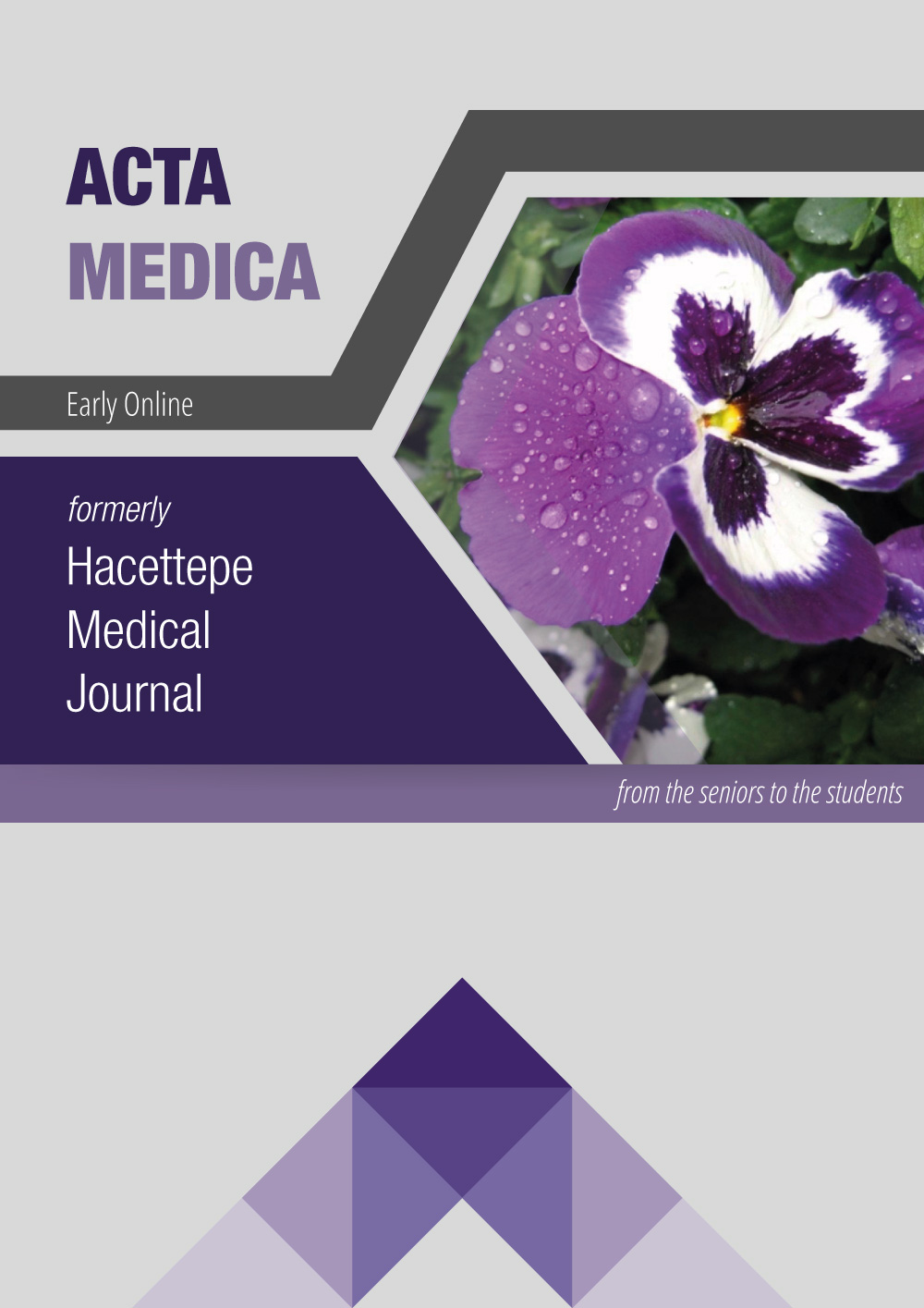The Inflammatory Processes Driven by Gut Microbiota
DOI:
https://doi.org/10.32552/2021.ActaMedica.548Abstract
Microbiome studies have shown alterations in bacterial communities in the state of many diseases, including inflammatory bowel disease, metabolic disorders, autoimmune diseases, neurodegenerative diseases, and cancer. Chronic inflammation is a common promoter of many of these pathological processes. Shifting in the microbial diversity is also known as dysbiosis. Dysbiosis, increased detrimental bacterial products, decreased favorable microbial metabolites, interrupted tissue barriers, and bacterial translocation cause excessive immune response and inflammation. Several mechanisms play a role to maintain intestinal homeostasis by limiting bacterial translocation from the intestinal lumen into the lamina propria. Among these mechanisms, most importantly, the mucosal barrier that consists of the antimicrobial peptides, mucus, and immunoglobulin A is fundamental to protect epithelial barrier integrity to reduce the excessive immune response. Moreover, recognizing bacteria and metabolites through receptors results in T cell regulation and immune modulation, which is the keystone of the controlled immune response. This review summarizes the anti-inflammatory and pro-inflammatory mechanisms driven by gastrointestinal microbiota, and it also highlights the recent approaches, including epigenetics and precision medicine.


